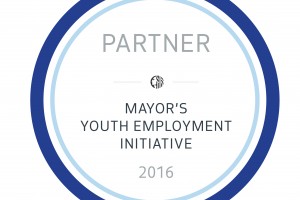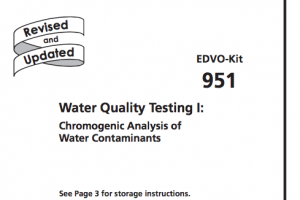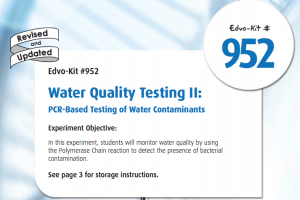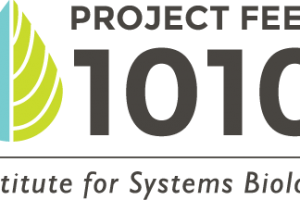Since 2003, we have been providing paid internships for high school students. National Science Foundation and National Institutes of Health have provided funding for these internships. More recently we have partnered with Mayor Murray’s Youth Employment Initiative to extend our reach. If you are between 14-24 years old and either live in Seattle or want to work […]
Educators! We greatly enjoyed being with you at the regional NSTA conference in Portland. In addition to uploading materials through the NSTA website, we are including all session materials here, since NSTA has file size limits. Please contact us for any questions and/or needs. Thursday, November 10, 2016, 2:00-3:00pm – Ocean Acidification as a Way […]
The objective of this experiment is to use chromogenic reagents to test simulations of water samples contaminated with known bacteria. As an extension, students will apply this test as a field activity to screen local bodies of water for the presence of coliform bacteria.
In this experiment, students will monitor water quality by using the Polymerase Chain reaction to detect the presence of bacterial contamination.
The purpose of Lesson 5c is for students to model systems approaches as they learn about today’s scientific process. Specifically, students will use mathematical and computer-based modeling to make predictions.
Are you, your students, or other colleagues creating teaching materials, posters, or other products for this project? Please use our Project Feed 1010 logo and share your final materials with us at projectfeed1010@systemsbiology.org! We would love to showcase your hard work and provide resources for others.
How does our food get from farm to table and what resources are required to get it there? In this activity, students will play a game to produce pizza. While the game uses economics as a driving force to model food production, students must use a systems thinking approach to strategize and make decisions.
Any education in science and engineering needs to develop students’ ability to read and produce domain-specific text. As such, every science or engineering lesson is in part a language lesson, particularly reading and producing the genres of texts that are intrinsic to science and engineering. (NRC Framework, 2012, p. 76) Being able to read, interpret, […]
The study of science and engineering should produce a sense of the process of argument necessary for advancing and defending a new idea or an explanation of a phenomenon and the norms for conducting such arguments. In that spirit, students should argue for the explanations they construct, defend their interpretations of the associated data, and […]





